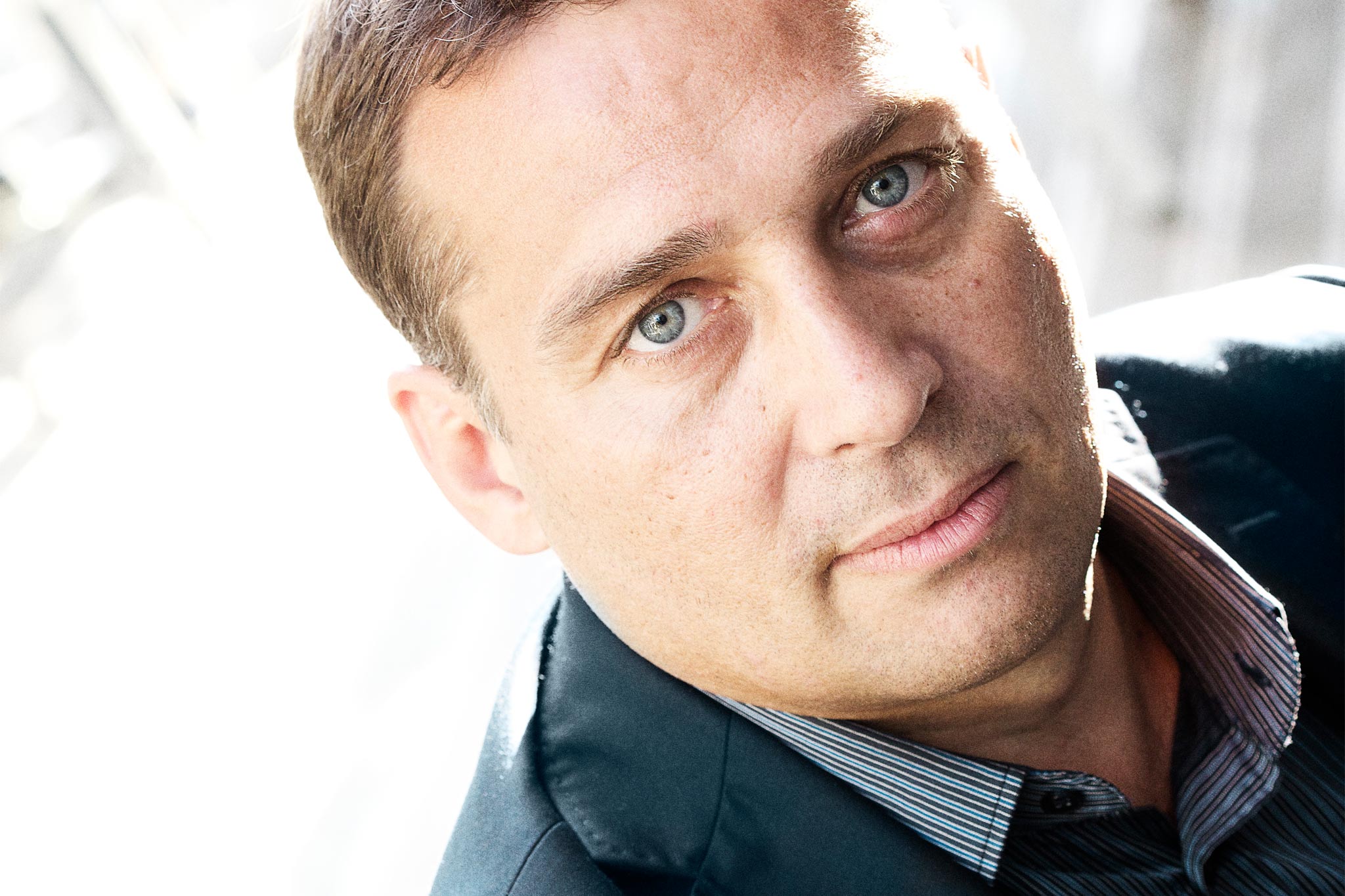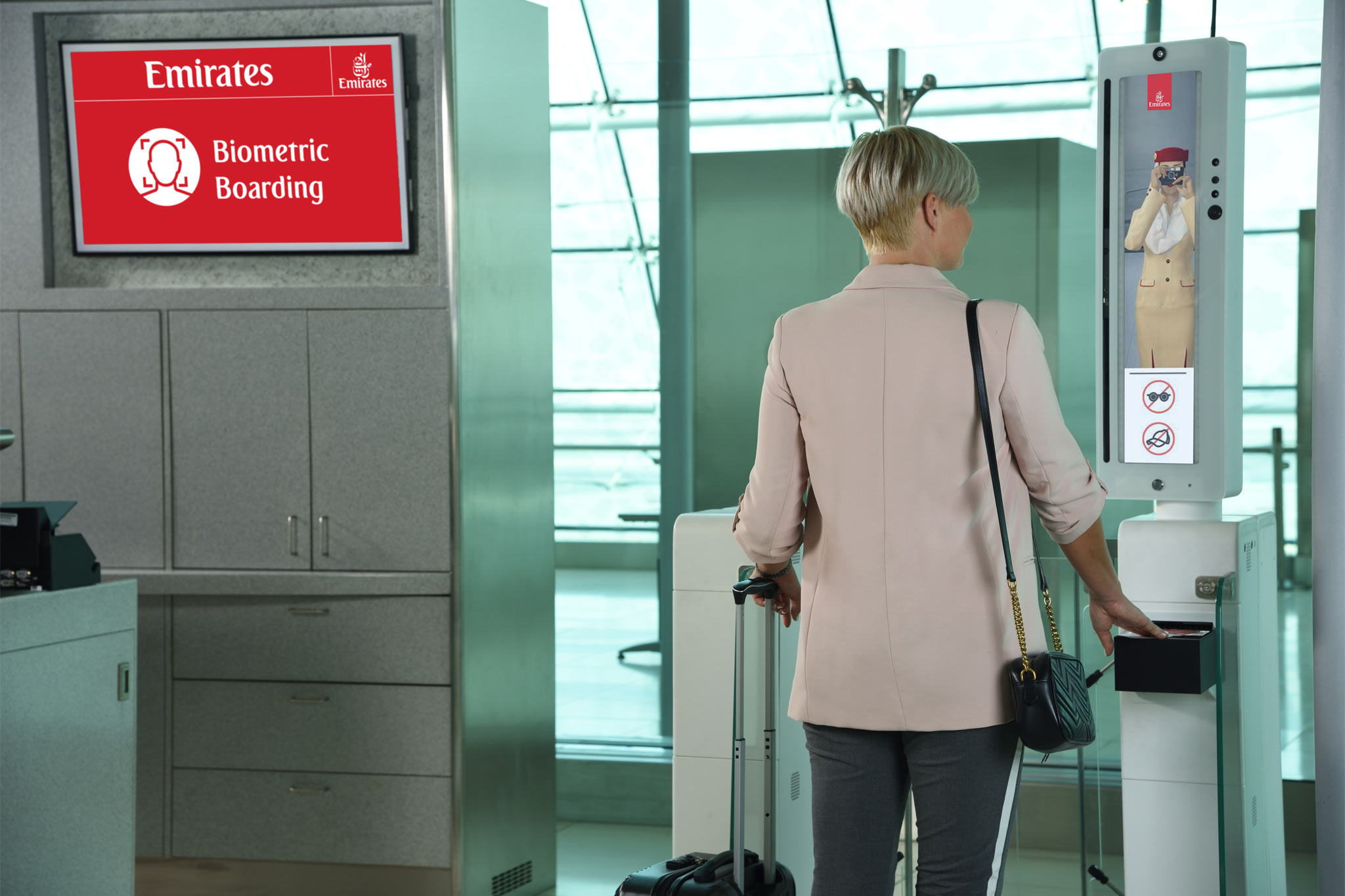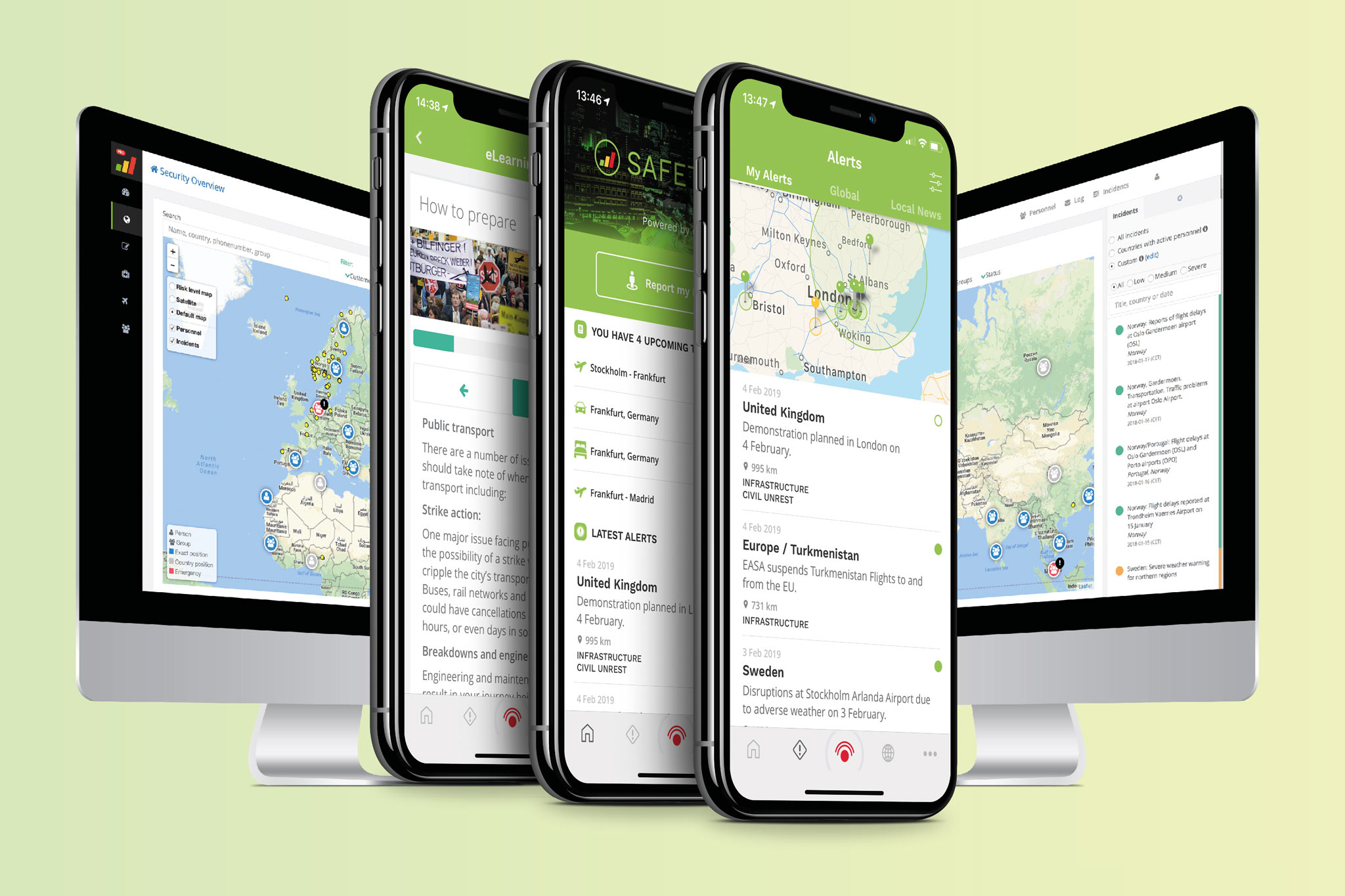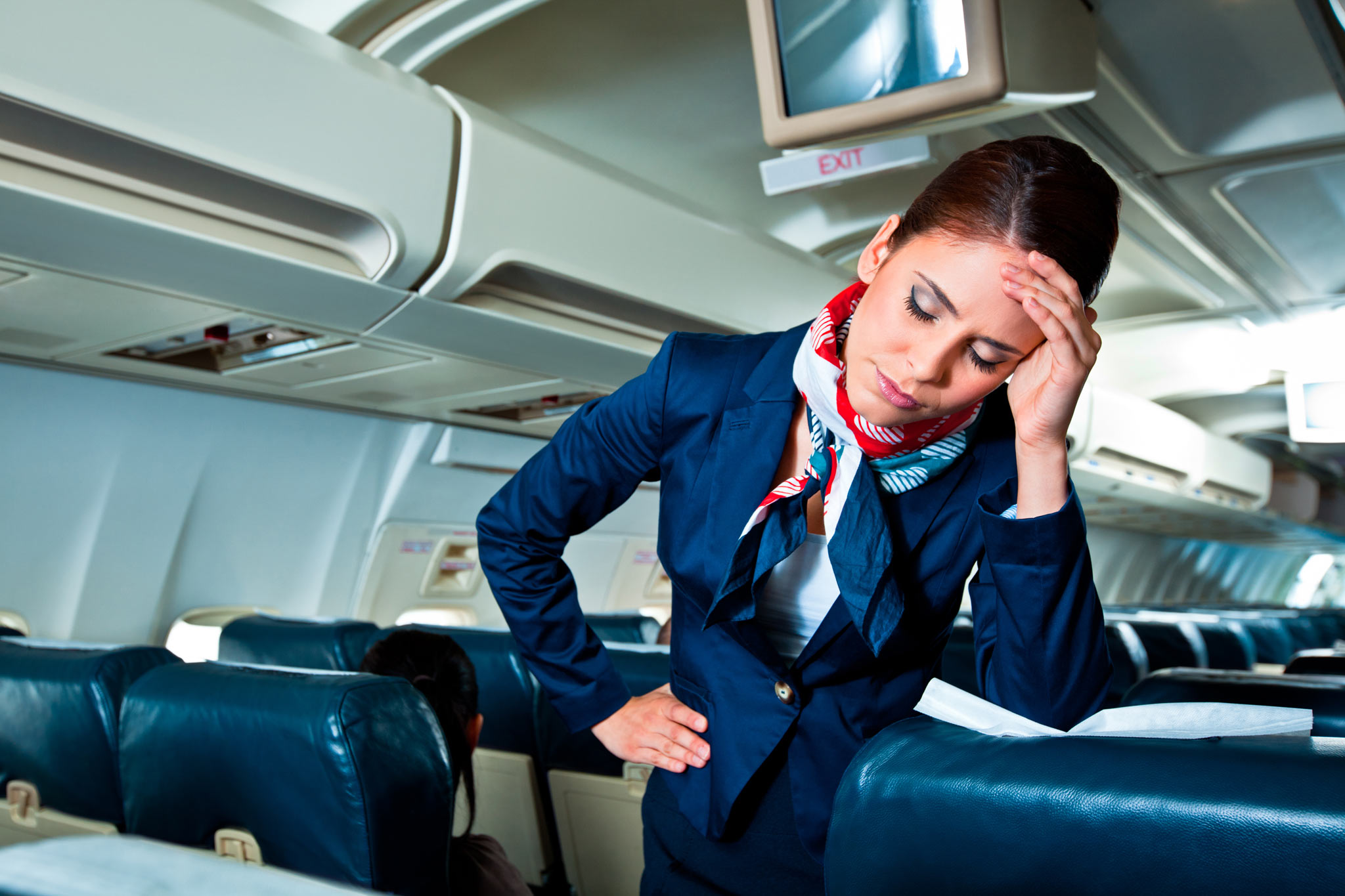Take a look at the CV of Andy Williams and it shows he started working as a policeman in London in 1988 and became an investigator of serious crimes, but decided after six adrenalin-charged years to change his career path. He chose the hotel industry – it felt like a ”crossover” – and discovered that security work at a hotel is exactly like a small community: running 24 hours a day, seven days a week, 365 days a year.
Andy Williams has been a security manager for several hotels in London. For three years he worked at The Grosvenor House Hotel Park Lane, the city’s largest meetings and banquets hotel, which takes up to 5,000 participants at major events and 2,000 people for a formal sit-down dinner. In 1998 he became a security manager for Marriott, recruiting and training security teams from scratch, and creating guidelines and routines for security from the start, instead of inheriting them. It was here that he also introduced the concept of the security team’s work being first and foremost about hospitality.
Five years later Andy Williams became head of security for Marriott’s eleven hotels and clubs in Britain. At the same time, the hotel chain took over 30 hotels, which meant that he introduced security routines and trained 10,000 employees to see the importance of security in relation to meetings and events.
“It was here that I gained valuable knowledge and experience in training hotel staff to think in terms of security.”
In parallel, Andy Williams’ role was expanded to also manage security work for the group’s hotels in Europe, the Middle East and Africa, a job he had for seven years. His duties also included responsibility for security analyses and standards for all takeovers and new buildings. He has also had an advisory role for the British National Counter Terrorism Office, the Council of the European Union and the UN’s organ UNICRI on matters such as ”security in public places.”
Earlier this year, Andy Williams decided it was time to utilise his knowledge and experience in a company where he could help a larger number of people. He chose the Swedish company, Safehotels.
“In my work roles, I have been tied to one hotel or brand at a time. With the expertise I have, I am now in a position that offers unlimited possibilities to share my experience. Safehotels certification is an internationally mature system that sets high requirements. I will work towards introducing it in more parts of the world.”
Andy Williams’ knowledge in the area of security for meetings and events has taken him all over the world. What are the most important issues in the meetings industry?
“A significant factor concerns allocating the right resources and infrastructure to the right place, but introducing new, fresh experience relating to events and destinations is also important.”
He explains that global security, knowledge and experience are important factors when evaluating possibilities for setting up a new destination. This is particularly relevant for the BRIC countries (Brazil, Russia, India, China, South Africa) or the latest acronym for countries that are making progress – MIST – (Malaysia, Indonesia, South Korea, Turkey). There is an enormous market for destination development and security.
“The security team’s work is first and foremost about hospitality”
Feeling anxiety in the face of change is not unusual. Part of that anxiety stems from feeling uncomfortable in terms of security and safety, he says.
“Destinations must invest heavily to create the security that must exist for positive developments within the meetings industry to continue in these countries.”
When looking at risk management and meetings, Andy Williams emphasises you should think about what is important for you, your meeting and your company – but not only that. Also think about your staff, your property and your reputation. Ask the questions: What is the worst-case scenario? What resources do you want to allocate to the meeting in order to manage the risk? Risk can never be totally removed, but you can try to minimise or control it.
“The questions companies should be asking are: How big a risk am I prepared to take? Am I comfortable with what the worst consequences can be? Am I basing my security approach on the degree of probability that the worst happens? Then I can adapt my way of thinking to the facts and create resources for the people who are going to hold the meeting.”
According to Andy Williams, information theft is the aspect we think least about. In contrast, we know about, and can quantify, risks relating to fire, property theft and natural disasters. However, the company’s intangible assets, where you should be thinking about information security, are a lot more difficult to put your finger on.
“What are the advantages for your staff of having a wireless network during a meeting, if someone can get access to your data traffic?”
Risk assessment is the term he uses. Does the fact that we must use a cable to connect to a wall socket perhaps mean that we lose business because we didn’t have access to a socket at that precise moment? He stresses that it is important to recognise the facts. We live in a world where wireless communication often surrounds us – laptops, smartphones, tablets. The question is not whether there should be a cable or not, but how we can be more secure in the wireless world we are increasingly involved in.
“Many companies and organisations need more external business intelligence and need it more frequently. This means we need to be wirelessly connected more often, if not all the time. But, do we always understand the risks? Or do we sometimes overestimate them?”
On this matter, it is important that hotels, professional congress organisers, convention bureaus, destination management companies, event companies and travel agencies have security strategies in place for their organisations, points out Andy Williams:
“A strategy means forward-thinking, planning and allocation of resources. I was at an HR congress recently where the moderator said there will be five billion middle-class people worldwide by 2030. That can be seen as five billion who are everything from people in middle management to top managers at an executive level. All of them will want, and need, to got to meetings and events.”
“Competition for these customers will be enormous and continue to grow. Regardless of how digitalised the world becomes, people will want to meet face to face. This means they need an approach to security that enables them to feel safe. This applies not least to new destinations, which are quickly realising the importance of hosting international meetings. In order to do that, they always need a security strategy.”
Andy Williams explains that the new destinations in the international meetings world follow the new global market’s developments and the same basic rules, but they look at the world from many new perspectives, involving great complexity and mutual dependency.
“They more often work using a forward-thinking strategy and therefore work in a third dimension, which gives them a lead.”
“What resources do you want to allocate to a meeting in order to handle the risk?”
When asked to consider the five most important steps regarding crisis management, he quickly replies. ”But, don’t make the mistake of limiting yourself to ‘a most important five steps approach’. In a crisis, it just leads to a fragmented strategy.” He would rather consider the five most important elements:
- Define roles and responsibilities.
- Have a plan.
- Decide the allocation of resources and available budget.
- Practice, practice, practice.
- Debriefing and follow up meetings must be carried out immediately after the crisis is resolved.
If you are the security manager at a hotel, you are in a business where hospitality and service are more important than security issues. It is important to remember that, underlines Andy Williams. In general, when people come to a hotel or meetings facility, they have service and hospitality on their minds, not security aspects.
“Service and hospitality come in first, second, third and fourth place. Possibly, security is in fifth place, but not even that’s certain. By getting security managers at hotels to understand what guests expect, namely service and hospitality, there is a greater chance that security is combined with hospitality and then the visitor is provided with the best of both worlds.”
He sees a clear connection between hospitality and security. Hospitality relates to attention to detail and foreseeing guests’ needs and thereby being proactive. At its best, security is about attention to detail, namely to try and foresee what can happen and thereafter work actively on prevention.
“The two go hand in hand. Having a service and hospitality strategy creates a basic approach that in all probability provides and maintains a secure environment.”
On one occasion Andy Williams said that: “In a perfect world there ought to be no need to think about security”, and pointed to the future. How far away is that? He uses an example as an answer: If you count the number of room nights in one year that involve delegates in all meetings worldwide staying at a hotel, we are probably talking about a 0.00001 per cent chance that something negative happens. That is, of course, very good. Except if you happen to be the 0.00001 per cent person or company that is exposed to the microscopic chance that it happens, because then you have 100 per cent of the problem.
“It goes back to the question of risk appetite and our own definition of what is perfect. The development of security around the world in recent years has been to look at things from a ‘high risk, low probability’ perspective, in which every eventuality creates ‘what-if ’ or ‘worst-case’ scenarios.”
Concerning developments in the European hotel sector over the last 20 years, Andy Williams says that several positive steps have been taken regarding security issues. Improved fire security systems, technical security systems (electronic lock systems), renewed design and maintenance of public spaces, audits, training and certification have made both the hotels, and staying there, a much better experience.
Security is expensive and you must have security guards, perhaps a whole security department, at a large hotel. Andy Williams points to possibilities to train service personnel at hotels in security awareness, something he introduced during his years at Marriott.
“Where the workforce is expensive, we are going to see less security, and that applies particularly in Europe. There you get a problem when the hotel or facility accepts it as the new norm and doesn’t invest in security training or increased security consciousness for their personnel.”
According to Andy Williams, security guards at European hotels are contracted uniformed guards visible in the lobby or when they patrol. For half the amount of what a guard costs, it would probably be far more efficient to spend the money on training for all lobby staff. With the right training, the security consciousness of staff increases.
“Tell a hotel’s CEO that he/she is currently paying x thousand euros for a guard to stand in the lobby every evening and night. A smart CEO would immediately see a saving of half the amount of what a security guard costs and see that the alertness of lobby personnel would increase if they got the right training. Many eyes see more than one uniformed guard.”
Andy Williams has also said that the hotel’s room price can cover the personnel’s security training, but perhaps not a full-time security manager.
“Obviously, having a full-time security manager increases the hotel’s costs. If you have other managers in the organisation with an interest in security, you can have someone who is responsible for security without being a trained security manager, and they can train people who are in the hotel’s front line to attain higher security awareness. In that way, the approach to security becomes part of the room price, without raising it. But, you must be very careful so that you don’t sell security as a reason for a higher room price. If something goes wrong, it can become a high price to pay.”
“Theft of information is the aspect we think about least”
A security manager, or the person responsible for security, usually cooperates closely with parts of the rest of the organisation and HR. Security managers are a mystery to the sales and marketing departments in Andy Williams’ experience. He says that his successes at Marriott mainly depended on his cooperation with the sales and marketing departments. This applied especially to important company accounts, security issues for certain destinations, the writing of Requests for Proposal and the visits of particularly important guests to the hotel.
“The message about who the guest is should be spread to everyone in the organisation. If security issues have a high status at the hotel and all employees want to be involved, we have come a long way in security work,”
For very large meetings, Andy Williams considers it is better to buy in expert help instead of having your own expensive security department. When do you reach the point where you need to buy specialists?
“If the meeting planners understand the term risk assessment when the security level is to be determined, that’s the point when taking in an expert should be discussed. If you aren’t aware of risk assessment as a concept but have a gut feeling that your resources are insufficient, then you shouldn’t hesitate.”
He also says that instinct is good as a limit for deciding when it is time to buy in one or more security experts. Realising afterwards that you should have bought in specialist help can have totally disastrous consequences for you as an individual, your customer and your company.
In Sweden, there are many companies and organisations that put security issues high on the agenda. However, there are no checks on whether the hotel has night staff when all the company’s personnel are staying at the same hotel after a meeting.
“Unfortunately, this doesn’t apply just to Sweden. It‘s the same for many companies and organisations around the world. And the closer you get to emerging markets, their destinations and hotels, the worse it becomes.”
It is a question of attitude and awareness, considers Andy Williams, and takes one night at a hotel as an example:
“At night, when the hotel has most guests and the fewest members of staff on duty … that’s something you should know about when making a decision on choosing a hotel.”
Andy Williams affirms that as a travel manager and/or meeting manager, you also ought to know the difference between the fire systems that are on the market. And, you should also know the work schedule and the security training level of the people who are going to look after your group.
“They have your life and the lives of your colleagues in their hands during the time you are paying to be there.”



